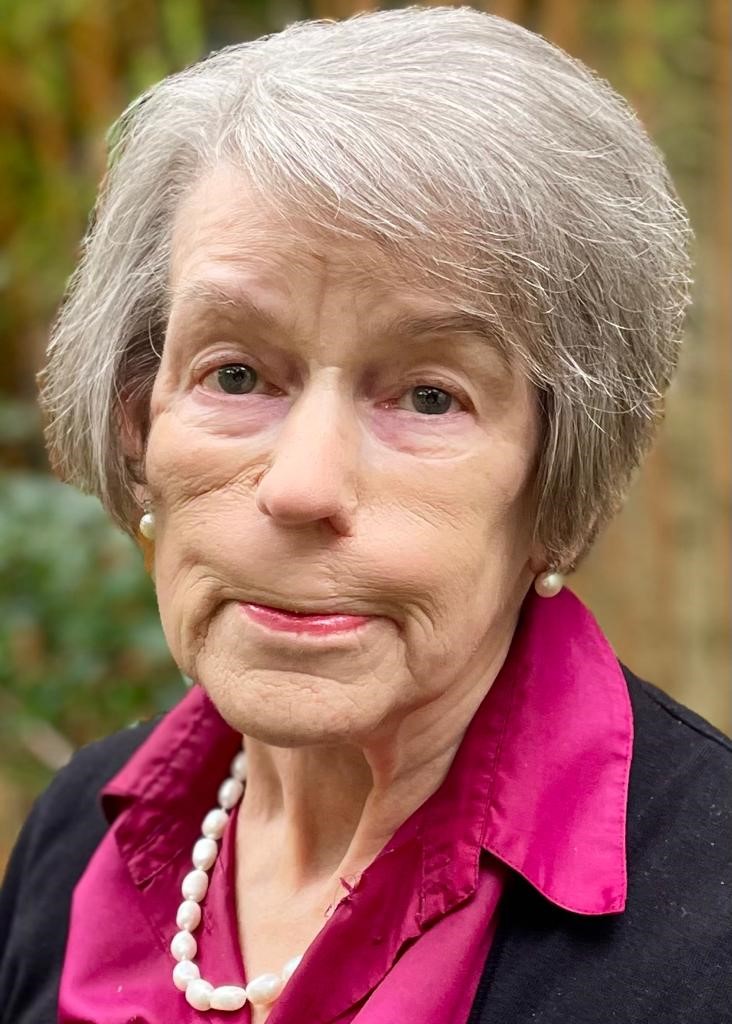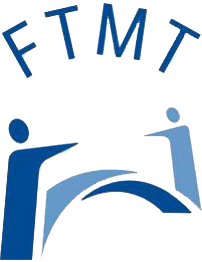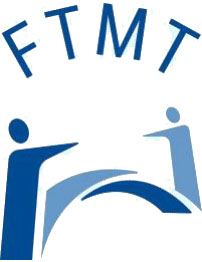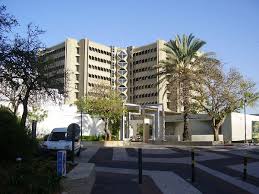- Prof. Maria Rhode's lecture took place on June 25-th, 2023. If you have any queries about this event please write to: shalin@zahav.net.il
Abstract
Frances Tustin repeatedly emphasised how hard it could be for children on the autism spectrum to integrate hard and soft, which she saw as the forerunners of male and female. In this paper, I consider the issue of finding the right distance in psychoanalytic work with these children: I suggest that, like borderline patients, they are caught between the fear of being pushed off the caregiver into space, on the one hand, and of being engulfed, on the other. This ‘claustrophobic-agoraphobic dilemma’ (Henri Rey) is discussed with regard to factors in the caregiver; to the child’s phantasies concerning the caregiver’s internal figures; and to consequences of autistic children’s heightened sensitivity to the state of mind of other people. The paternal function as the mediator of distance between mother and child is explored in relation to the ‘bisexuality of the container’ (Houzel) and the clinician’s mental positioning as a parental couple, along with implications for the phrasing of comments. A vignette illustrates the importance of the clinician’s individual identity and private associations in allowing the child to feel seen without being engulfed, and to show capacities that might otherwise be kept hidden.
Prof. Maria Rhode
is Emeritus Professor of Child Psychotherapy at the Tavistock Clinic in London, where she formerly co-convened the Autism Clinical Workshop ; member of the Association of Child Psychotherapists ; and Child Analyst of the British Psychoanalytical Society. She trained at the Tavistock Clinic, where she was supervised by Martha Harris, Donald Meltzer and Frances Tustin ; she has a particular interest in childhood autism and psychosis, language development and infant observation, and has written and lectured widely on these subjects. Most recently, she has published an audited case series of an early intervention for toddlers at high risk of autism and their families. She received the Frances Tustin Memorial Prize in 1999.

- Prof. Maria Rhode's lecture took place on June 25-th, 2023. If you have any queries about this event please write to: shalin@zahav.net.il



